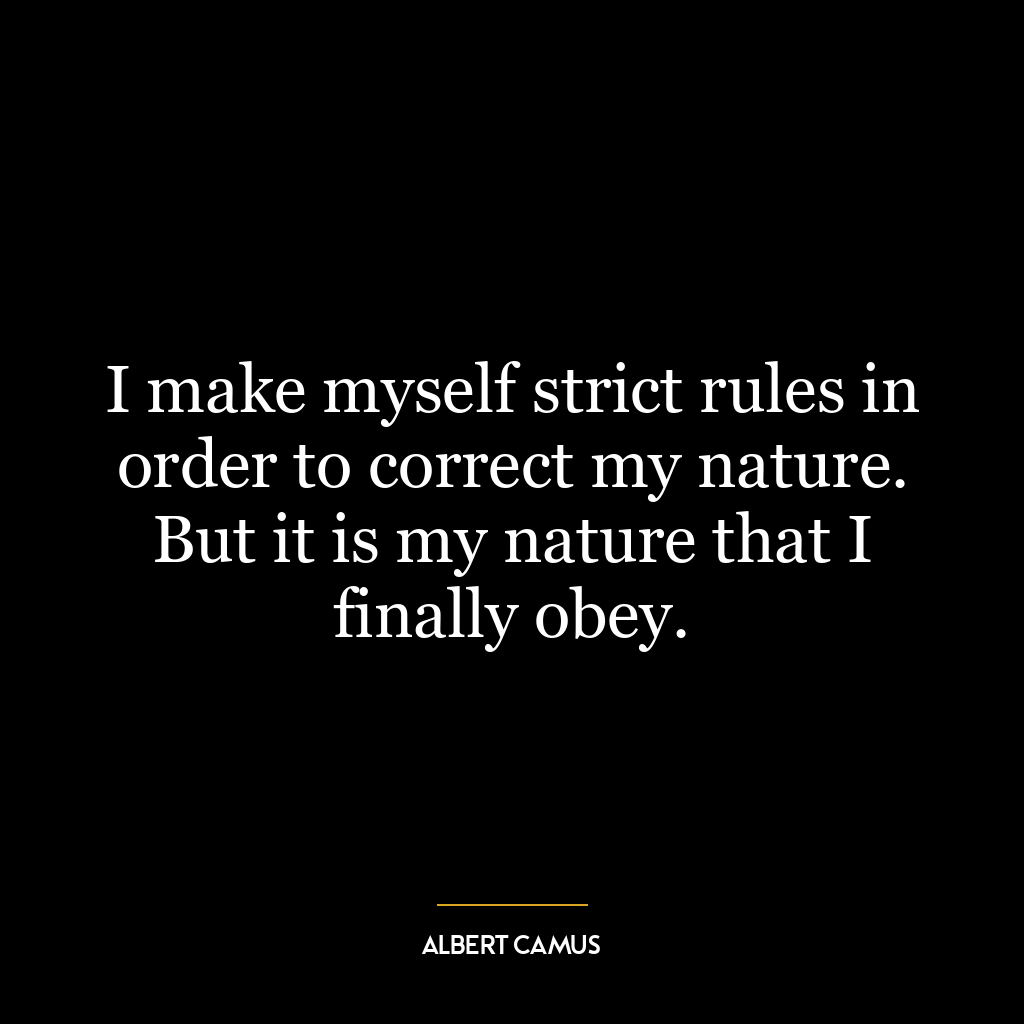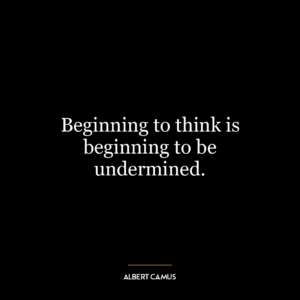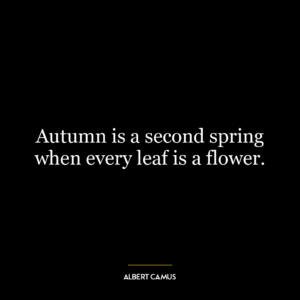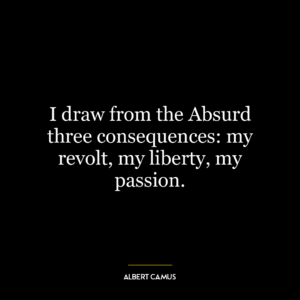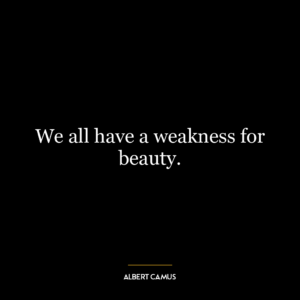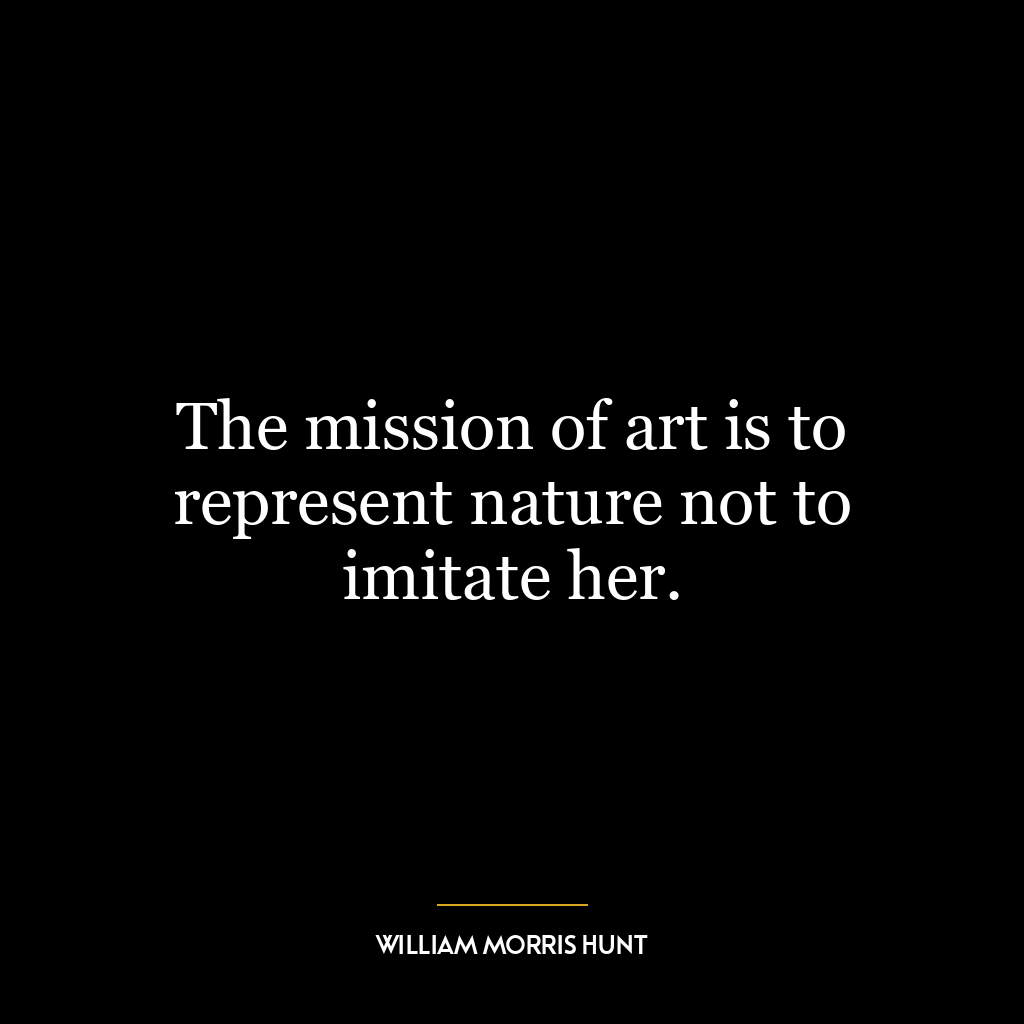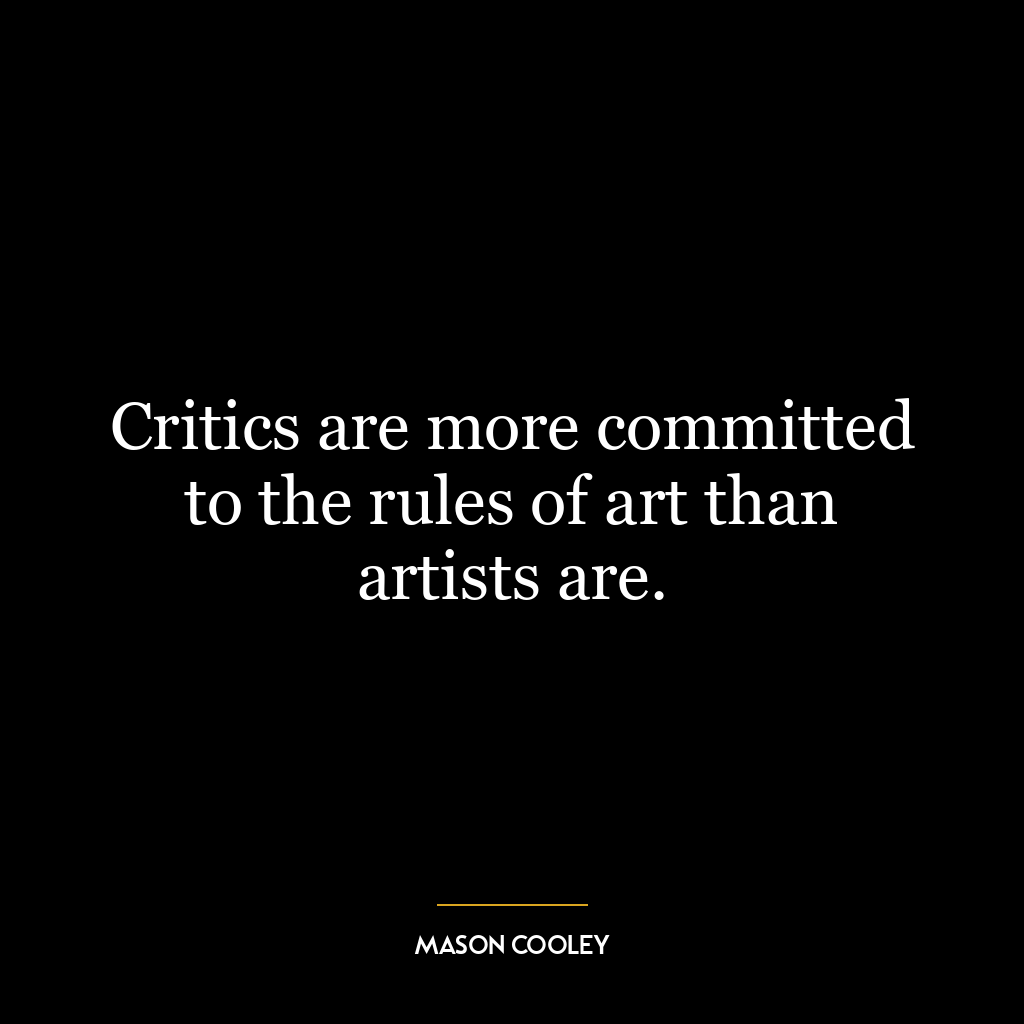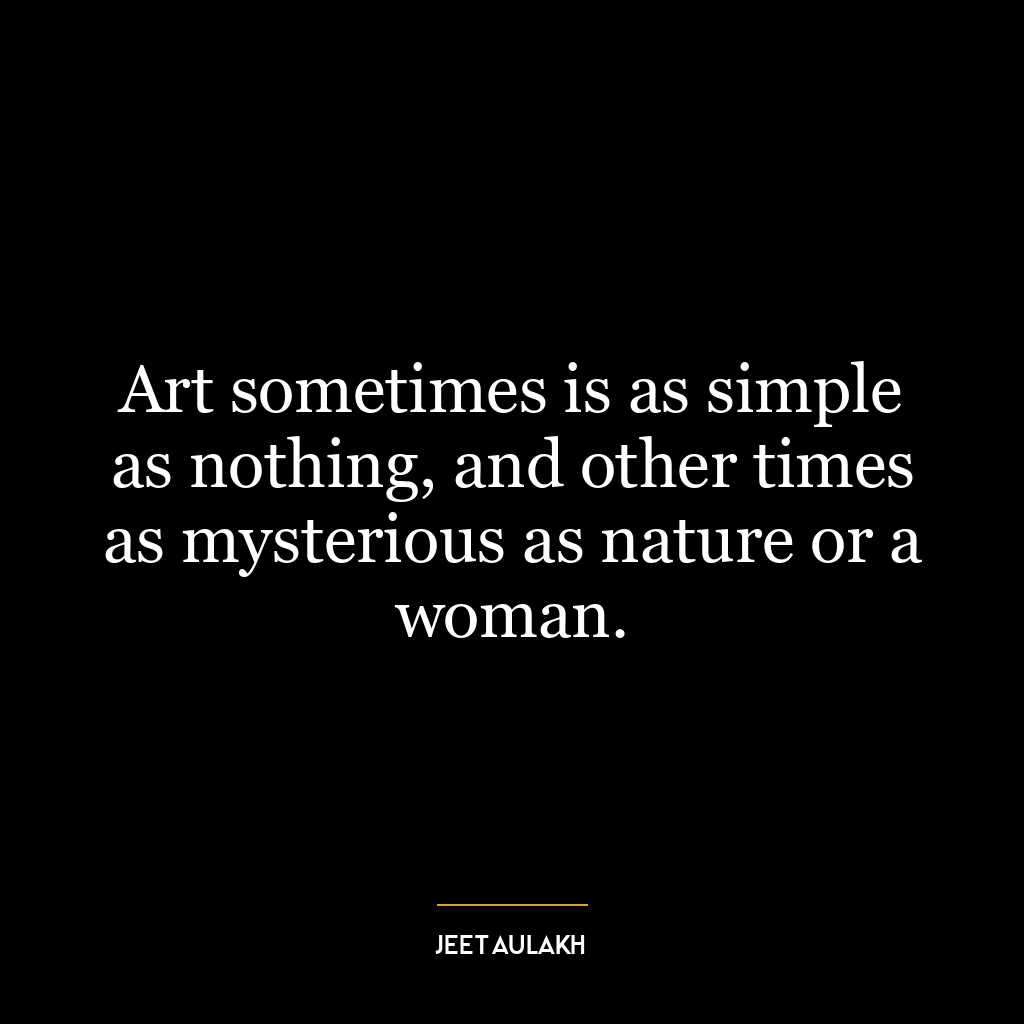I make myself strict rules in order to correct my nature. But it is my nature that I finally obey.
This quote explores the constant battle between self-discipline and intrinsic nature. It suggests that while we may set stringent rules for ourselves in an attempt to change or improve, we often end up falling back into our inherent habits or tendencies. This is because our nature, the fundamental characteristics that define us, is deeply ingrained and not easily altered.
The first part of the quote, “I make myself strict rules in order to correct my nature,” refers to the human tendency to strive for improvement. We often create rules, plans, or goals to change aspects of ourselves that we consider flawed or inadequate. This could involve habits, attitudes, behaviors, or even personality traits.
The second part, “But it is my nature that I finally obey,” acknowledges the powerful hold that our inherent nature has over us. Despite our best efforts to change or improve, we often find ourselves reverting to our natural instincts or behaviors. This is not necessarily a negative thing, as it suggests authenticity and staying true to oneself.
Applying this concept to today’s world or personal development, it suggests that while self-improvement is important, it’s equally crucial to acknowledge and accept our inherent nature. For instance, in the realm of personal development, one might set goals to become more outgoing or sociable. However, if their nature is inherently introverted, they may find this challenging. Rather than viewing this as a failure, it can be seen as an opportunity to embrace their true nature and find ways to thrive as an introvert.
In a broader social context, this quote could be interpreted as a critique of societal pressures to conform to certain standards or norms. It suggests that while we can try to adapt to these expectations, our true nature will eventually shine through. Therefore, it’s essential for societies to celebrate diversity and individuality, rather than trying to mould everyone into a specific ideal.
Overall, the quote underscores the importance of balance between self-improvement and self-acceptance. It encourages us to strive for betterment, but not at the cost of losing our authentic selves.

